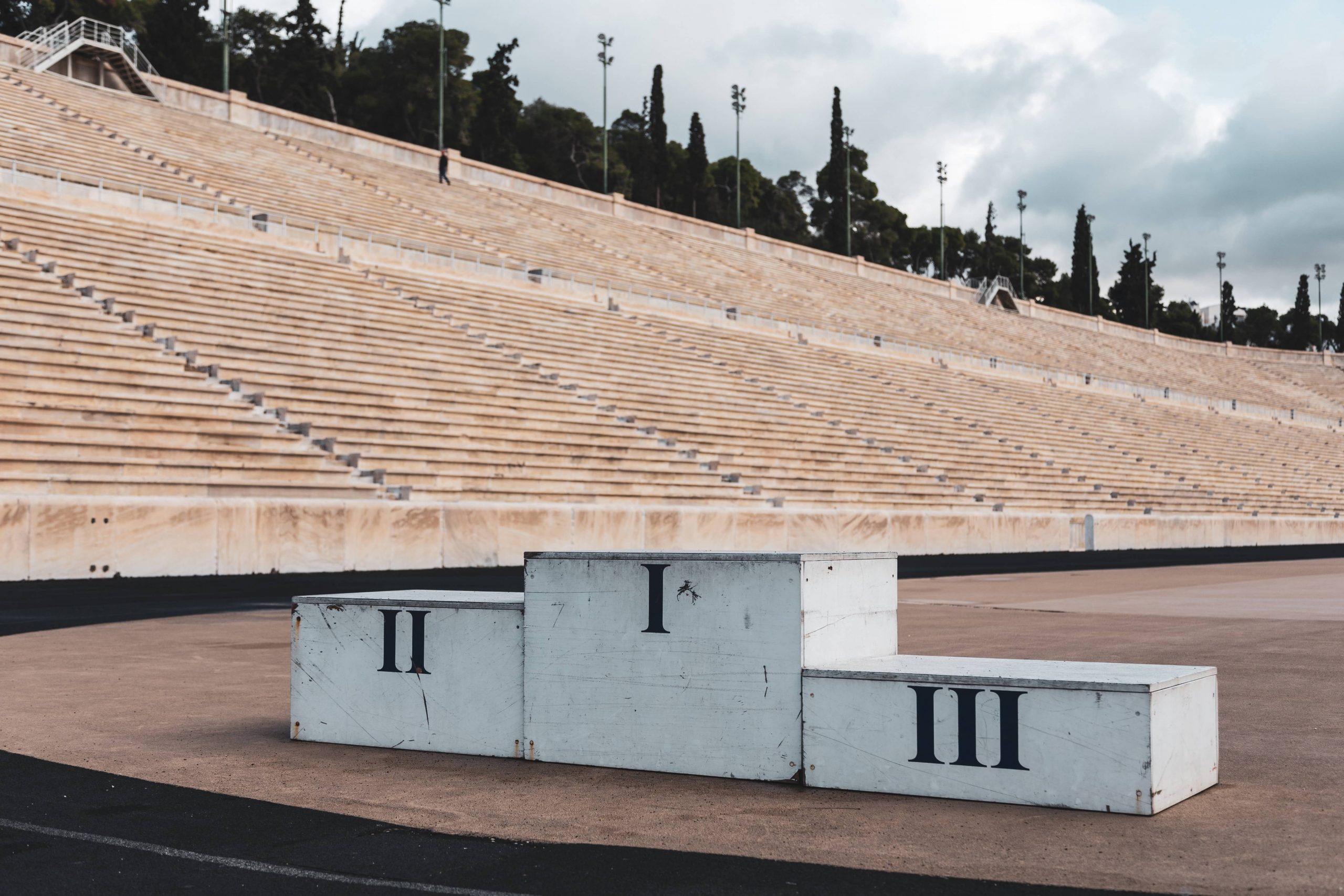To experience flow is to be in the zone. It’s that zone where everything else fades away and complete concentration is directed to what’s immediately at hand; the coffee is getting cold and the vibrations of incoming messages have no pull. It’s extreme focus to the point of distraction from everything else, a type of energy that’s almost possessive. This energy enables us to continue in our activity for minutes or hours longer than is normally possible. Everything is being laid out logically in our mind, but it’s incoming like rapid fire. Clarity is at an all-time high and decisions are made immediately without second-guessing. Everything feels natural and easy, but not without effort. Sometimes great exertion is required, but each movement is simple in its navigation to the final objective. The flow state is exhilarating in its simplicity.
Being in flow is universally accessible but is experienced differently depending on an individual’s interests and strengths. Most times we don’t realize we have been in a flow state until the spell breaks and we can’t get it back (Imagine a writer experiencing writer’s block after she’s whirled through the first third of the book). We spend the majority of our lives chasing feelings that arise naturally from this experience: satisfaction, contentment, purpose. One could argue, as Mihály Csíkszentmihályi does in FLOW: The Psychology of Optimal Experience, that the flow state is the essence of happiness and the definition of purpose.
Lest one thinks that “being in the flow” is a follow-where-the-wind-takes-me mentality, Csíkszentmihályi repeatedly reiterates that flow does not exist in a passive state. It’s an activity that requires a level of challenge. It requires something that continuously pushes an individual to greater heights, whether it’s a mountain climber scaling her highest mountain yet or a mechanic facing a particularly unique engine problem.
“The best moments usually occur when a person’s body or mind is stretched to its limits in a voluntary effort to accomplish something difficult and worthwhile. Optimal experience is thus something that we make happen.”
Csíkszentmihályi argues that this state of flow leads to higher consciousness, deeper enjoyment and an overall greater quality of life. He applies the concept of flow to physical mastery, mental growth, and professional contentment. He goes so far as to suggest that existing in the flow state assists in answering the most enigmatic of questions: “What is the meaning of life?” And just as the flow state varies from person to person, so too does this grand meaning.
The great triumph of FLOW is that it doesn’t read as a self-help book, although it addresses trendy topics like career success and life satisfaction. In fact, he prefaces the book by acknowledging the allure a catch-all solution. FLOW is psychological research without its usual peppering of footnotes and academic prose (inquiring minds can find a full bibliography at the end). Csíkszentmihályi started his research with a theoretical study that involved a few hundred experts in their field – from artists to athletes to surgeons – and reflected on the similarity of their descriptions of “optimal experience,” defined by Csíkszentmihályi as the flow state. He then extended that study to normal, everyday people. The responses were similar to the experts’. To quantify their findings, Csíkszentmihályi and his colleagues developed a method to record subjective experience. Participants in the follow-up study wore a pager that beeped eight times per day for a week. The subjects wrote down how they felt and thought at that particular moment. It recorded “representative moments” of thoughts and feelings in the moment. The results of the study are the basis for the book.
“The flow experience that results from the use of skills leads to growth; passive entertainment leads nowhere.”
One of the most interesting results of the study was that people had higher levels of satisfaction at work than during leisure time, regardless of whether the occupation in question was held in high regard. This confirms the assertion that flow is not a passive state. Much of what we do in our leisure time, like watching television or drinking with friends, is quite passive and brings none of the deep satisfaction that arises from flow activities. Activities that challenge our mind and inner resources are those that reap the greatest rewards.
I started this book thinking I knew what it was to be in flow, as I had experienced it both on and off the basketball court. However, my understanding has deepened considerably since reading FLOW. In fact, some of the techniques addressed in the book were used for this very book review. If that isn’t practical learning, I don’t know what is.
Last update: April 13, 2019






